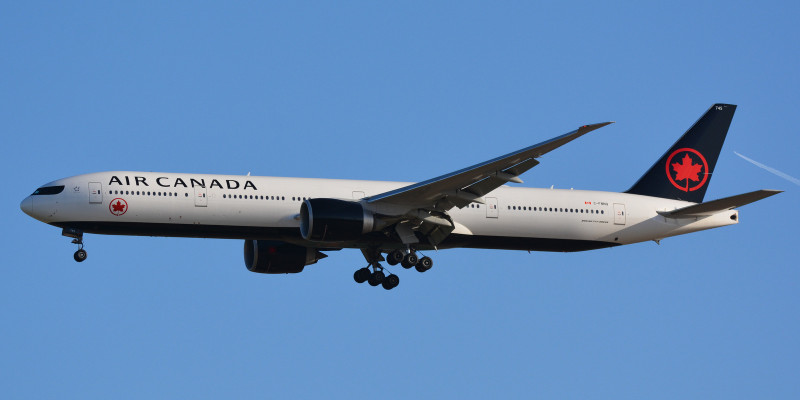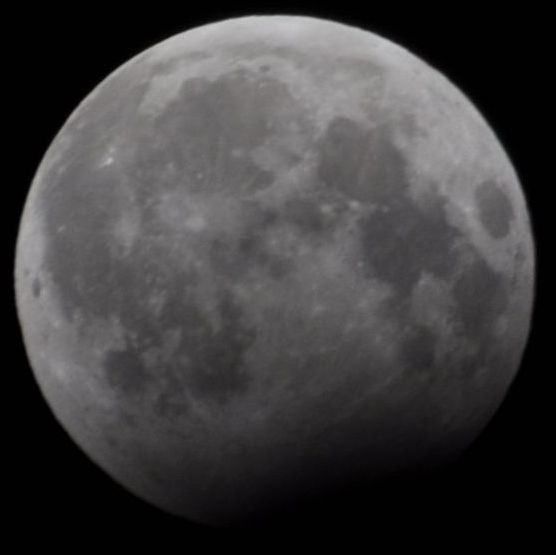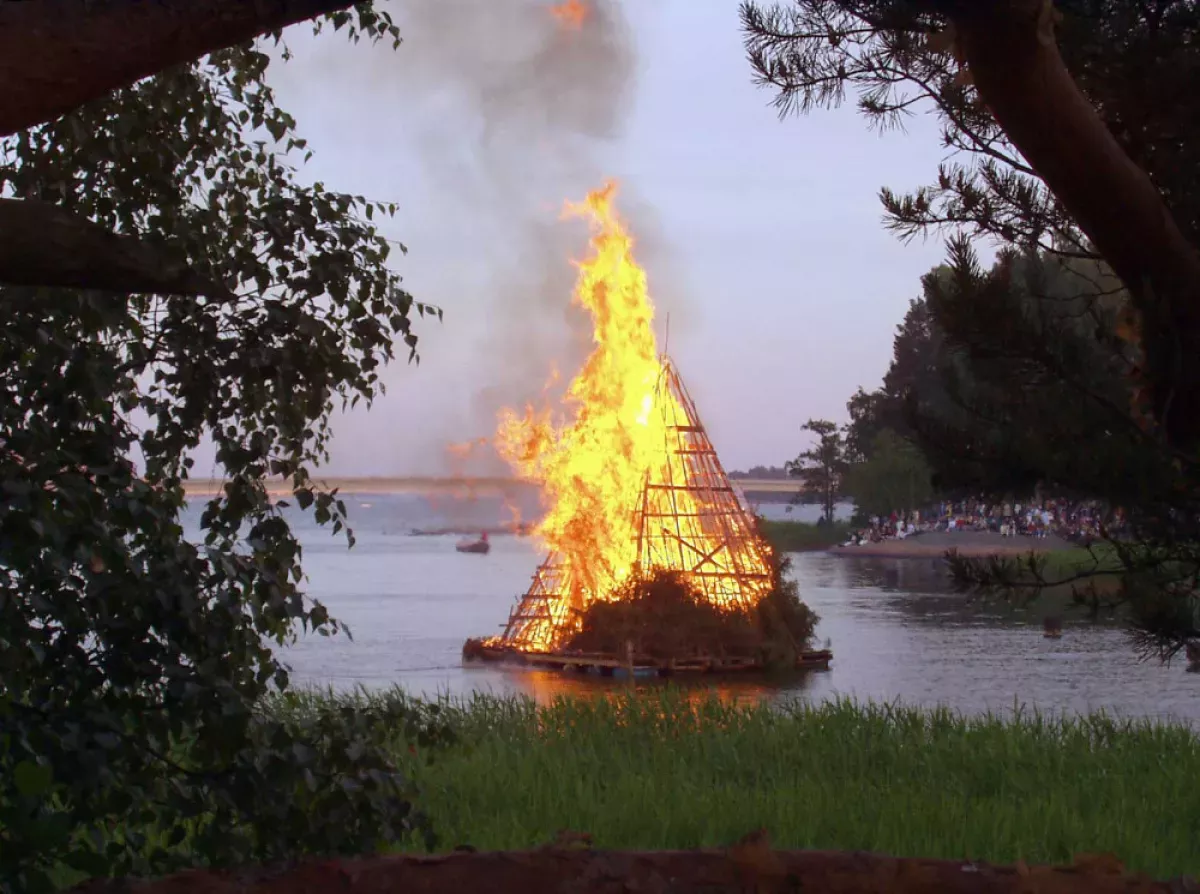1902: Sechseläuten in Zürich
The tradition of burning "winter in effigy" at the Sechseläuten festival in Zürich, Switzerland, was introduced in 1902, inspired by Alemannic bonfire traditions.
1909: Texas A&M Bonfire Tradition Begins
The tradition of building a bonfire at Texas A&M University started in 1909, initially as a simple burning trash pile before the annual football game against The University of Texas.
1969: World Record Bonfire
In 1969, Aggie Bonfire, built by students at Texas A&M, set a Guinness World Record for the tallest bonfire ever built at a staggering 109 feet.
1972: Catholic Bonfires in Northern Ireland
In 1972, Catholic communities in Northern Ireland began lighting bonfires annually on August 9th as both a protest against and commemoration of Internment.
1988: Feuer in den Alpen
The tradition of "Feuer in den Alpen" (fires in the Alps) began in 1988, where bonfires are lit on mountains on a day in August as a call for sustainable development in these regions.
1999: Aggie Bonfire Collapse
Tragedy struck in 1999 when the Aggie Bonfire collapsed during construction, leading to the death of 12 people and injuries to 27 others, prompting the university to stop officially sanctioning the bonfire.
2002: Student Bonfire Group Forms
In 2002, the student-led group, Student Bonfire, was formed and began the tradition of building an annual bonfire, keeping the spirit of the original Aggie Bonfire alive.
Trending

25 minutes ago Air Canada: Aeroplan Benefits for US Flyers Amidst Holiday Travel Disruptions

26 minutes ago Michelle Salas' Chilaquiles Recipe Sparks Debate: Healthy or Not? Critics React.

26 minutes ago Dave Franco and Alison Brie's 'Together' Releases Creepy Photo Album and Trailer
26 minutes ago Des Moines: Police Chase Ends in Arrests After Crashes Involving Teen and Hit-and-Run

1 hour ago Remembering Robin Williams: Top Movies, Lost Roles, and 'Friends' Appearances

2 hours ago Jung Hoo Lee Takes a Day Off After Contributing to Giants' Win
Popular

Jupiter is the fifth and largest planet from the Sun...

Candace Owens is an American conservative and far-right political commentator...

KPop Demon Hunters is a animated musical fantasy action comedy...

Chuck Schumer is a prominent American politician currently serving as...

A blue moon is defined in several ways most commonly...

Cristiano Ronaldo often called CR is a Portuguese professional footballer...

